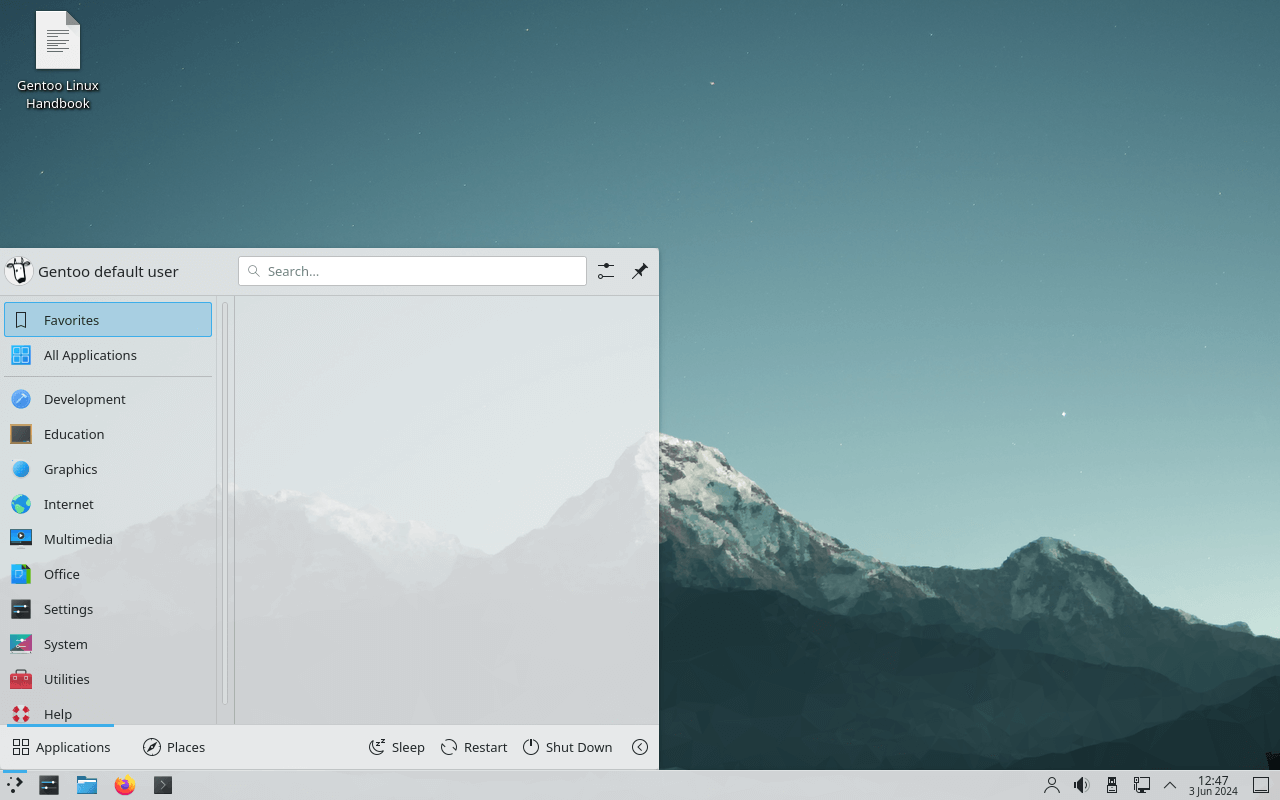 Gentoo is a very actively maintained Linux distribution which builds (compiles) and installs system packages from source code, specifically to the user’s choice of configuration and optimizations – many of which are only available at “compile time”.
Gentoo is a very actively maintained Linux distribution which builds (compiles) and installs system packages from source code, specifically to the user’s choice of configuration and optimizations – many of which are only available at “compile time”.
Gentoo uses a BSD ports-like system called Portage – a package management system that allows great flexibility installing, maintaining, and updating software. Portage provides compile-time option support via USE flags, conditional dependencies, safe installation of software through sandboxing, use-case adaptable defaults thanks to system profiles, and configuration file protection.
Gentoo is widely considered a very adaptable operating system, that can conveniently be tailored to any specific usage when needed, but when left in the default configuration will yield a simple, “sane default”, environment.

| Working state: | Active |
| Desktop: | KDE Plasma |
| Init Software: | OpenRC |
| Package Management: | Portage |
| Release Model: | Rolling |
| Platforms: | IA-32, x86-64, IA-64, PA-RISC (HPPA), PowerPC 32/64, SPARC 64-bit, DEC Alpha, ARM 32/64, MIPS |
| Home Page: | www.gentoo.org |
| Developer: | Gentoo Foundation |
| This article is part of our Big List of Active Linux Distros which is currently under development. |
What's a Linux distribution ("distro")? |
| A distro provides the user with a desktop environment, preloaded applications, and ways to update and maintain the system. Each distro makes different choices, deciding which open source projects to install and provides custom written programs. They can have different philosophies. Some distros are intended for desktop computers, some for servers without a graphical interface, and others for special uses. Because Linux is an open source operating system, combinations of software vary between Linux distros. |
